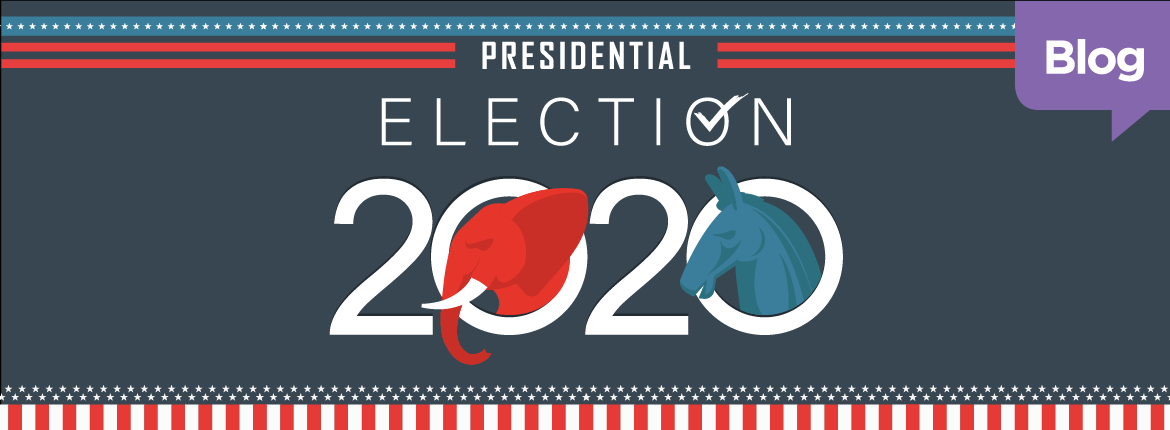
What Does the Law Say About Political Speech and Activity in the Workplace?
CoAdvantage- As the 2020 election season reaches a fever pitch, politics are more top-of-mind than usual in many workplaces. This can be a headache for employers when political disagreements spill over into tension or even outright bad behavior in the workplace. Can employers legally impose limits on political speech and activity at work? Here’s what the law says.
The First Amendment
One common misconception about political speech is that it is fully protected everywhere, in all situations, under the First Amendment. That is not true. The First Amendment applies only to government action and not to actions taken by private employers. As a result, the First Amendment does not constrain employers from limiting speech of their employees, particularly where that speech might infringe on workers’ ability to get work done. Employees can certainly express their views freely outside of work; but in the workplace, they are subject to the policies set by their employers.
The National Labor Relations Act (NLRA)
While the First Amendment doesn’t constrain employers, other laws may create protections for some political speech. For example, any speech or political activity that impacts employment-related issues like wages, hours, terms of employment, unionizing, etc. may be protected under NRLA. So, employers can prohibit employees from soliciting money on behalf of a political candidate or distributing purely political promotional materials, but under the NLRA, they can’t legally prevent employees from discussing wages or unionizing, even if there are political dimensions to those topics.
Title VII of the Civil Rights Act of 1964
Title VII protects people from discrimination according to specific classes, including age, race, gender, religious beliefs, and so on. Note that the Supreme Court of the United States recently established that discrimination based on sexual orientation or gender identity is also prohibited by Title VII.
One notable class that it does not protect: political affiliation. However, be aware that political discourse can touch on areas that are protected. For example, the recent Black Lives Matter (BLM) protests have sparked heated disagreement, and because race is at the heart of the BLM movement, employers will want to make sure any policies around political discourse ensure that such conversations do not tip over into discrimination or harassment of employees belonging to protected classes under Title VII.
State Regulations
Many states have also enacted legislation that does protect specifically against discrimination against employees based on political beliefs. California, for instance, specifically prohibits discrimination based on political affiliation or political activity.
CoAdvantage, one of the nation’s largest Professional Employer Organizations (PEOs), helps small to mid-sized companies with HR administration, benefits, payroll, and compliance. To learn more about CoAdvantage’s ability to create a strategic HR function in your business that drives business growth potential, contact us today.